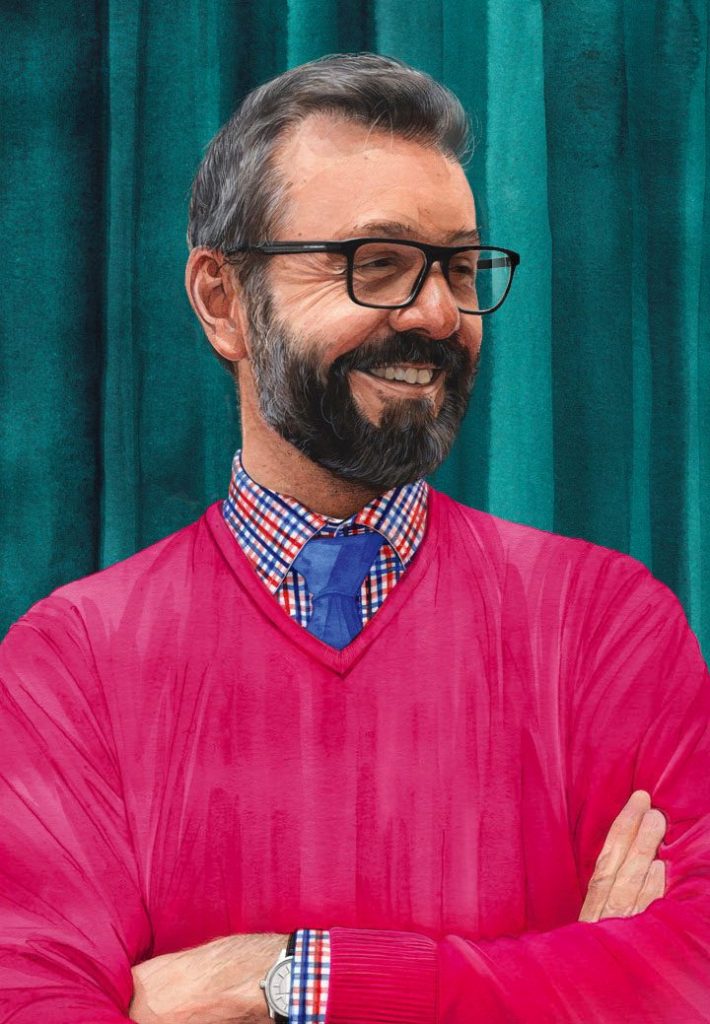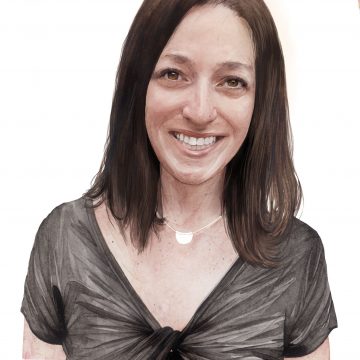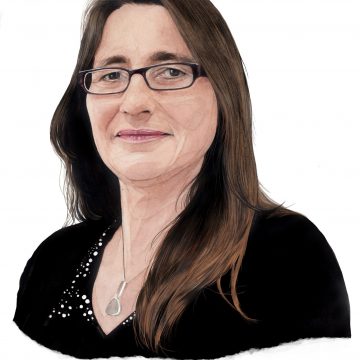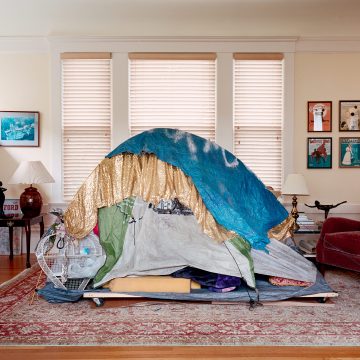Children aren’t just ‘people in waiting’ – their voices must be heard now
James Biddulph, Executive Headteacher at the University of Cambridge Primary School.

Tom is eleven. He is autistic. He visits my office daily. One Friday he announced, “The problem is the adults are not teaching us how to be better in the world… to deal with climate change and where people could be nicer. What’s the point if we can’t find out about ourselves?” When the new Children’s Commissioner, Dame Rachel de Souza, took up her post in March, she wrote in her first message: “Part of adulthood is having the right answers to big questions. Ultimately, that is what children expect of us – having answers to things.”
What troubles me about this statement is that children are seen as passive receivers of adult wisdom. And yet, in reality, children already have a voice and ideas as rich and useful as any adult – perhaps their ideas are even better. Suggesting that they are ‘in waiting’ until adults figure things out will not solve the critical issues facing humanity; nor will it enable them to have the ‘responseability’ to create new futures. What we need is more listening and really hearing what they have to say.
The inspiration at the heart of our school comes from the philosopher and teacher, Professor Maxine Greene. As she wrote, “Social imagination is the capacity to invent visions of what should be and what might be in our deficit society, in the streets where we live and our schools. Social imagination not only suggests but also requires that one take action to repair or renew.”
In these challenging times, teachers need to look afresh at the children who they teach. We need to reconsider, rethink and reimagine how we teach them to develop the compassionate citizenship to make changes to the world they will inherit. And to do that, we need educational visions which are positive and hopeful and give children a sense of possibility for their lives, rather than outlooks which are increasingly negative and make them think: ‘What’s the point?’
That’s where the concept we call ‘future-making prepared’ comes in. It’s not about saying, ‘We’re preparing children for the future’. We can’t, because we don’t know what the future will look like. But we do want them to be unafraid of the future, to have the creative mindsets (or ‘possibility thinking’) to carve new pathways. We want them primed to come up with new visions and be more inventive in their thinking.
To do this, I believe that we need values at the heart of all we do in education. At our school, we settled on five values or virtues to guide our work: empathy, respect, trust, courage and gratitude – and we explicitly focus on these. For example, if children see the value of treating people with gratitude for their contributions, it makes for a better society and community.
Children have a voice already. Asking them to hang around until adults figure things out is not going to solve the issues and problems they are going to face.
Our children should be ‘learners for living’. When the pandemic hit, I read an article that quoted children saying, ‘What’s the point of education if our exams are going to be cancelled?’ It is a worrying state of affairs if children equate education solely with exams. It is clear that they can see that the system is set up for this; a model unchanged for many decades. More and more, the education world is unlocking and in search of keys to help children grow as imaginers, explorers, solvers and committed to be future-makers.
And we need to listen to children and hear what they say. Tom visited me again. It was a Tuesday. He told me about a boy who was cycling to school. The boy’s dad told him to just ring the bell over and over again to get people to move out of the way. Tom looked out of my office window and said: “You see, he didn’t seem to care about other people – it was all about me, me, me and not we, we, we. Perhaps that’s because his dad has never told him that you can’t just expect people to get out of your way. You have to wait your turn in life. And perhaps that’s why nobody cares about the planet.”
This was Tom living the values. Here was a child talking about some very profound things in society – community, responsibility and consideration of others. When Professor David Runciman talks about six-year-olds being able to vote, the vast majority say what a ridiculous idea it is. But actually, his arguments are very powerful. If you talk to six-year-olds, they will tell you very clearly the ways of the world as they see it.
We need to build on the work of Professor Neil Mercer, Cambridge’s Emeritus Professor of Education, who writes about dialogic teaching – how we get dialogue happening in schools better. The default model is still that the teacher is the repository of all knowledge and teaches the child: the child is the vessel waiting to be filled. But if we can create schools where a true dialogue is happening, then we are saying to children that we value their voices; that they have ideas that are valuable and worth engaging with.
Of course, I am not saying that children should say and do whatever they like: that’s a common misconception of giving children agency. Children do not know everything, nor how to behave in pro-social ways – that is one of the points of childhood. But they can contribute to society because they are members of that society and not ‘people in waiting’. We must ensure our schools and institutions are set up for these ‘voicings’ and agency to happen.
Building back better? Levelling up? The new normal? However we brand the need for change, creating a better normal will not be easy: education systems are bound by so many rules, regulations and systemic challenges.
What’s the best part of my job? Without doubt, it is listening to children. When I really hear Tom, I can work with colleagues to enable more dialogue, seek more possibilities and enact change. The future is possible. Thanks, Tom.
James Biddulph is the co-author with Dr Emily Shuckburgh of Surviving and Thriving on Planet Earth, the first in the new Education Visions series of books for teachers.







